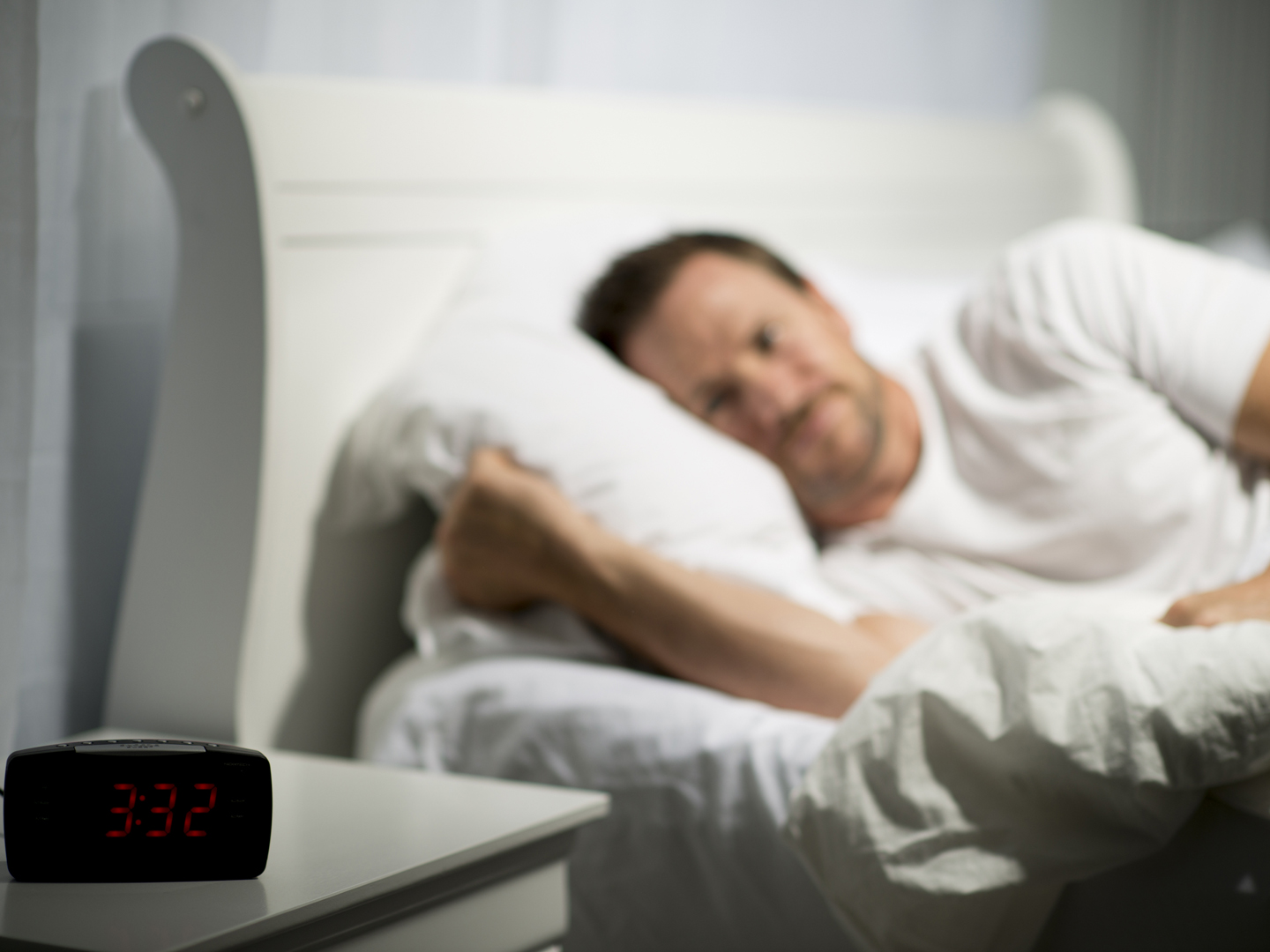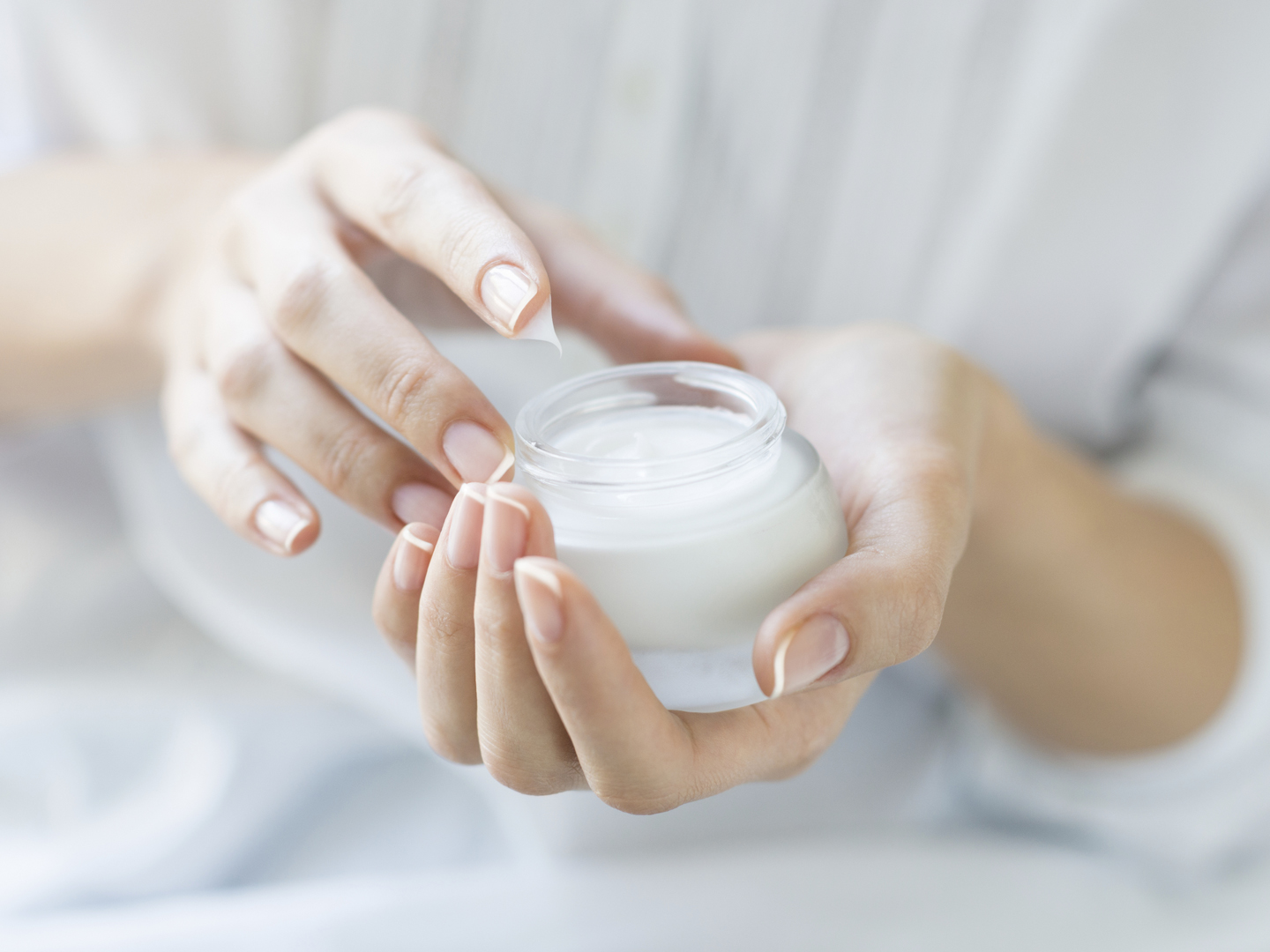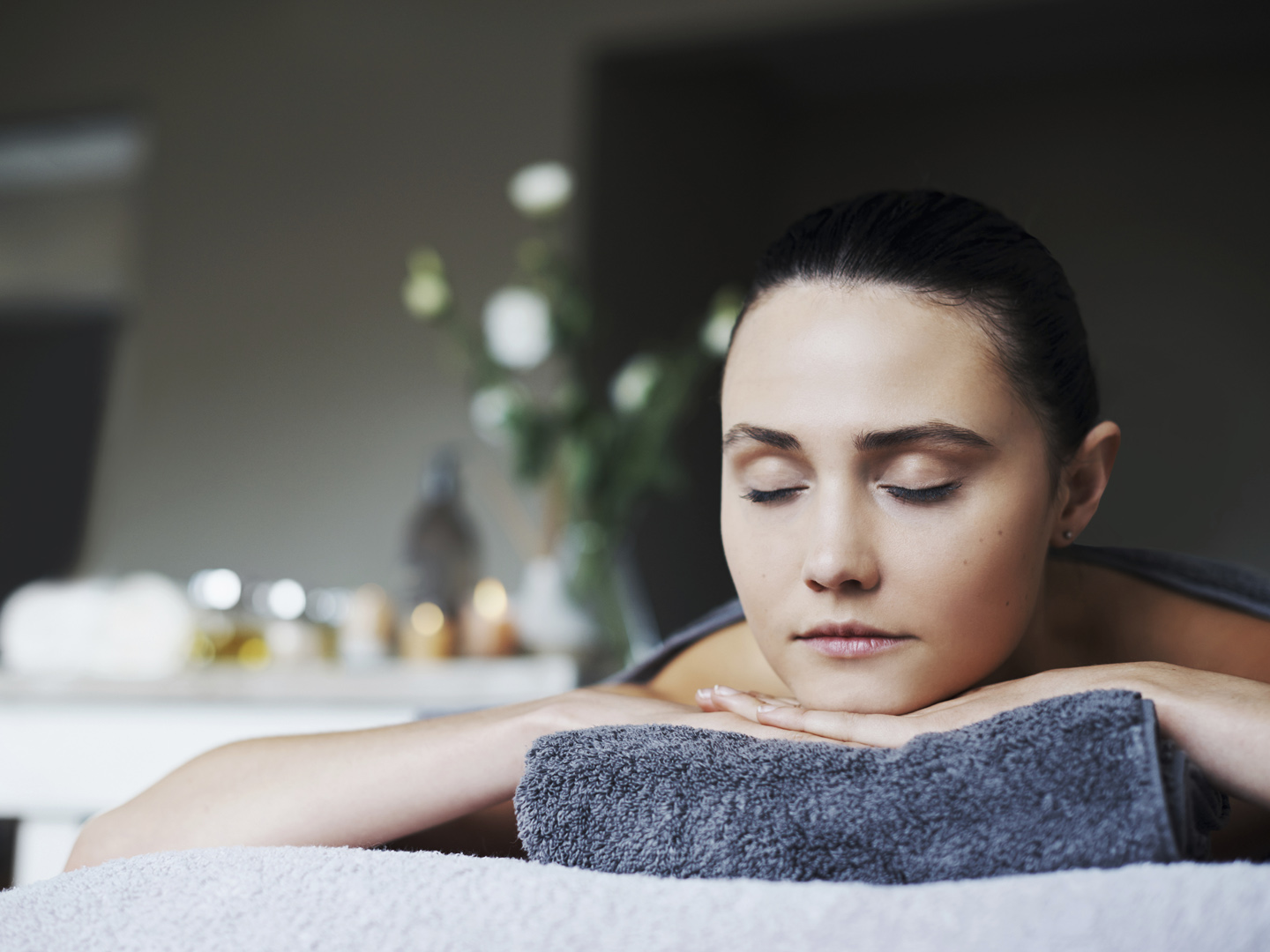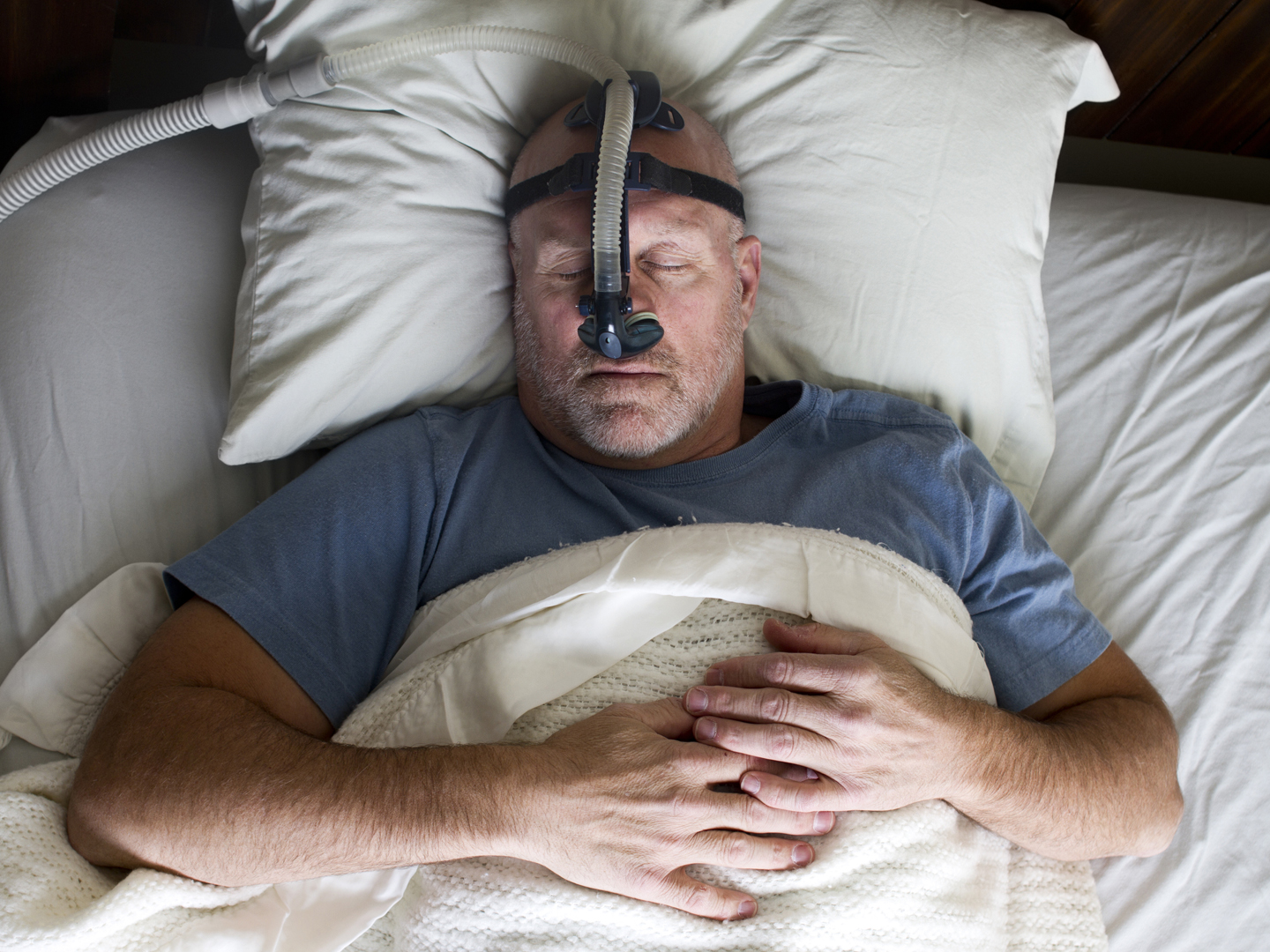Can Sleep Deprivation Make You Sick?
Is it true that sleep deprivation raises the risk of health problems including cancer and heart disease? I’ve always had problems sleeping.
Andrew Weil, M.D. | May 19, 2006

Recent evidence does suggest that lack of sleep can lead to serious health problems, but these findings remain controversial.
Perhaps the most striking link between sleep and disease comes from studies showing that the less people sleep, the more likely they are to become obese and, as you know, obesity increases the risk of a long list of diseases. Last year, researchers at Columbia University in New York published an analysis of data from nearly 10,000 people nationwide collected between 1982 and 1992. They found that people between the ages of 32 and 49 who slept four hours or less per night were 73 percent more likely to be obese than people who reported sleeping between seven and nine hours per night. The same study showed that people who got only five hours of sleep had a 50 percent higher risk than those who were getting a full night’s rest. Those who got six hours of sleep were just 23 percent more likely to be substantially overweight.
Sleep deprivation could lead to weight gain by disrupting production of the appetite regulating hormones ghrelin and leptin. Sleep deprivation can also lead to disruptions in the way the body regulates blood sugar, which can result in an increased risk of diabetes.
Laboratory studies also suggest sleep deprivation may elevate the body’s production of stress hormones, boost blood pressure and increase substances in the blood that are responsible for increasing inflammation in the body. Inflammation now appears to be a major risk factor for heart disease, cancer, stroke, diabetes and even obesity.
Judging from new data on the sale of sleeping pills, millions of Americans are having problems getting a good night’s rest. A recent review of prescription drug claims of 2.4 million Americans between 2000 and 2004 by Medco Health Solutions, a prescription drug benefit management company, found that among adults aged 20 to 44, use of sleep medications doubled while the use of sleeping pills among children aged 10 to 19 jumped 223 percent. All told, Americans filled 35 million prescriptions for sleeping pills in 2004 at a cost of $2.1 billion.
Here are my recommendations for getting a good night’s sleep:
- Check your mattress for signs of wear at least twice a year, and consider new pillows if yours aren’t comfortable. A worn-out mattress can contribute to sleeping problems.
- If your bedroom is noisy, buy an inexpensive “white noise” generator that makes soothing sounds to mask disturbing ones.
- Try my Relaxing Breath to help banish thoughts that are causing sleep deprivation.
- If you get up frequently to urinate and can’t get back to sleep afterward, eliminate caffeine and alcohol. Don’t drink beverages containing caffeine or alcohol within 3 to 4 hours of bedtime.
- If you can’t sleep, get up and read or do some light stretching. This may take your mind off the problem of not being able to fall asleep and help you relax so that you can doze off.
- Consider using melatonin or valerian occasionally to help you fall asleep.
Andrew Weil, M.D.
See more of Dr. Weil’s advice and articles on insomnia and chronic fatigue syndrome.















